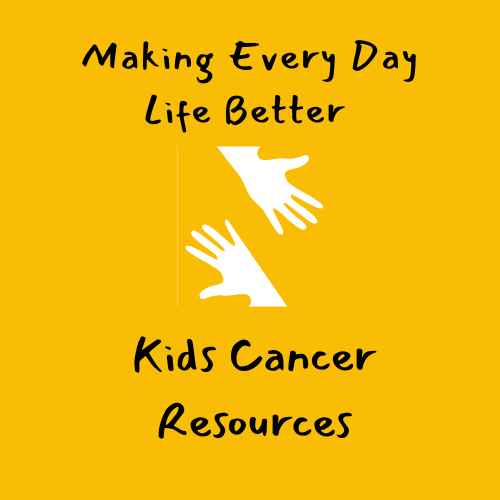Books about Childhood Cancer

It’s hard not knowing how to help or explain things to children. One of the first things I asked for were books about childhood cancer to help my kids. I developed “My Coping Skills Coloring Book for Cancer Kids and Families” to share the feelings my family experienced and what we did about to feel better. This coloring book shares how kids may feel during a cancer journey. There are detailed pictures to color. It also shares different ways to cope with negative feelings and encourages creativity. It’s also available for free by clicking the link!
Here are a few other books about childhood cancer we were given from the hospital that help siblings understand more about cancer. They gave us a way to explain to our older boys why their baby brother was in the hospital. I really liked how I Have a Question About Cancer by Arlen Gaines answered questions about the body. It’s so helpful for curious minds because it describes the in and outs of the disease, including what happens to the cells. Hi, My Name is Jack by Christina Beall-Sullivan is a book about how you feel when your brother or sister is going through cancer. It especially takes a look at negative feelings. Jamie’s Journey by Sharon Wonzy is written more like a story, describing the cancer journey. Jamie is the sister of Jordan who has cancer and is sharing her thoughts. At the end, it has room to journal your own thoughts and feelings.
What’s one of your favorite books for childhood cancer? Let me know at lexi@cancerkidsresources.com






